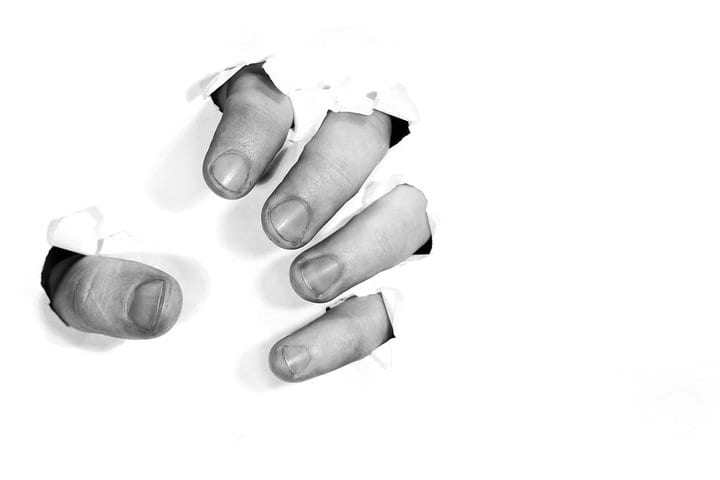If you walked into my house right now, this is what you would see: dishes piling up, laundry in piles waiting to be folded, a dirty floor and me in bed.
It’s happening again. I’m having another manic episode. This one, though, is different. Maybe it’s the empty house or the loneliness of not having someone to lie next to at night. Maybe it’s knowing how much I screwed up and watching people move on with their lives. They’re happy, smiling. No one knows what goes in my mind. Sometimes, even I don’t. How many manic episodes can I handle before I go crazy? I used to use narcotics as a way to numb everything; an ease to the pain I felt.
My mind is racing. I have spent the last few days isolating myself. One episode of mania; I know what is coming next. I’m going to hit my plateau. The complete opposite of what I have felt the past few days. I will hit an extreme high. This could be mean millions of possibilities. My extreme highs have ranged from hypersexuality to gambling binges to shopping sprees, just to name a few. The cravings for my high (even after a year sober) do come, especially when I hit an extreme high. I won’t lie about that. Imagine being able to feel extreme amounts of joy and energy. Mix in pain killers and you are in a whole new world. That is where my cravings come from. I will always have cravings.
How does one control mania? I’m not entirely sure. Everyone is different. How I try to manage my manic episodes could be different from the next. I often wonder how I do it. Here is what I do know I will do with an extreme high. First, I will tackle the dishes. Then I will throw a load of laundry in the washer followed by vacuuming and, if my floors really need it, I will mop. Then I decide I want to go out and have fun and let loose with some friends. I try so hard to control this one because it often leads to drinking, which during hypomania is not a good combination. I get anxiety when I go through my stages of hypomania. I never know if I am just being naturally productive or if I’m at an extreme high. Typically, if I’m having a manic episode, I will stay up all night and do little tedious things. For example, one night I couldn’t sleep and I ended up scrubbing the grout in my shower with my toothbrush for almost two hours. I seem to get extremely fixated on things that most wouldn’t think much about it.
Manic episodes are not just extreme highs. I go through manic episodes where I’m really depressed with zero motivation to do anything. I also go through angry manic episodes. Both are equally terrifying. The depression usually leads to me lying in bed all day, Netflix binging and sleeping a lot. The scariest part of the angry manic episodes? The black outs and memory loss that result from them. My anger gets the best of me, and I fall into a complete rage. When I come out of an anger episode, everything is extremely foggy. Usually, the morning is when I will pick up the mess I have made from my rage. It can range anywhere from bloody knuckles — a result of punching holes in the wall — to cutting to breaking something. No one knows about my episodes of anger.
After taking a DBT (dialectical behavior therapy), I can now look at my anger in three different stages: annoyed, frustrated and infuriated. Typically, my anger comes from negative comments or criticism or even feelings of abandonment. The eight week session of DBT classes really helped me to identify my triggers of anger and to control those episodes. I learned to stop and think (mindfulness) about what it is exactly that is bothering me and why.
Through the years of bipolar and acceptance of my diagnosis, I have really taken the time to help identify and control (as much as possible) the manic episodes. DBT classes were very helpful to me. Not only did I learn so much about myself, but I found a support system. I read so much about the high manic episodes, but never the other type of manic episodes (depression and anger).
Read more of Laura’s posts here.
The content of the International Bipolar Foundation blogs is for informational purposes only. The content is not intended to be a substitute for professional medical advice, diagnosis, or treatment. Always seek the advice of your physician and never disregard professional medical advice because of something you have read in any IBPF content.


